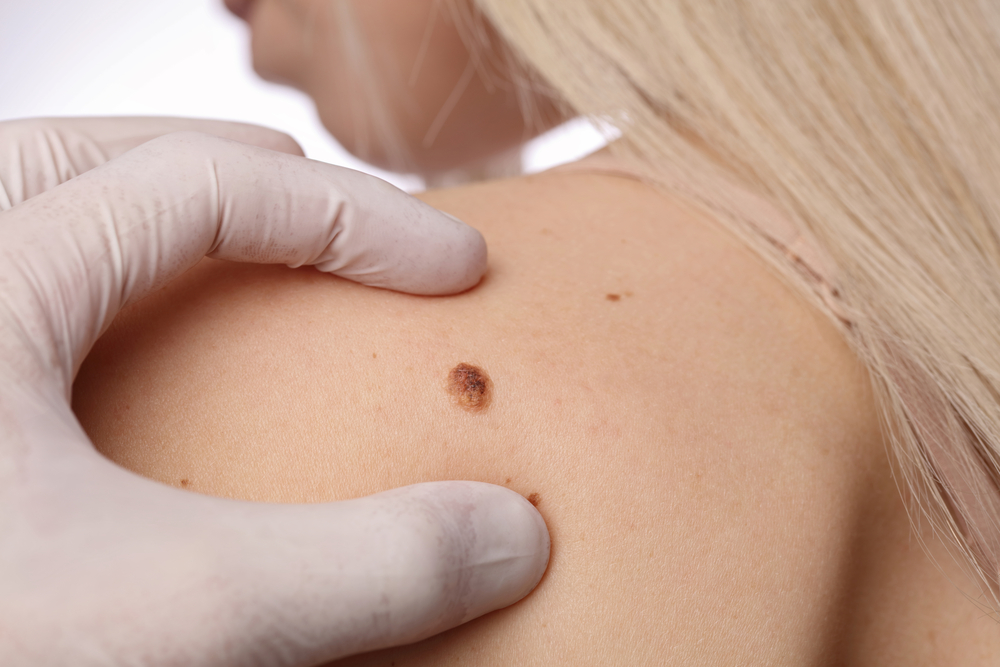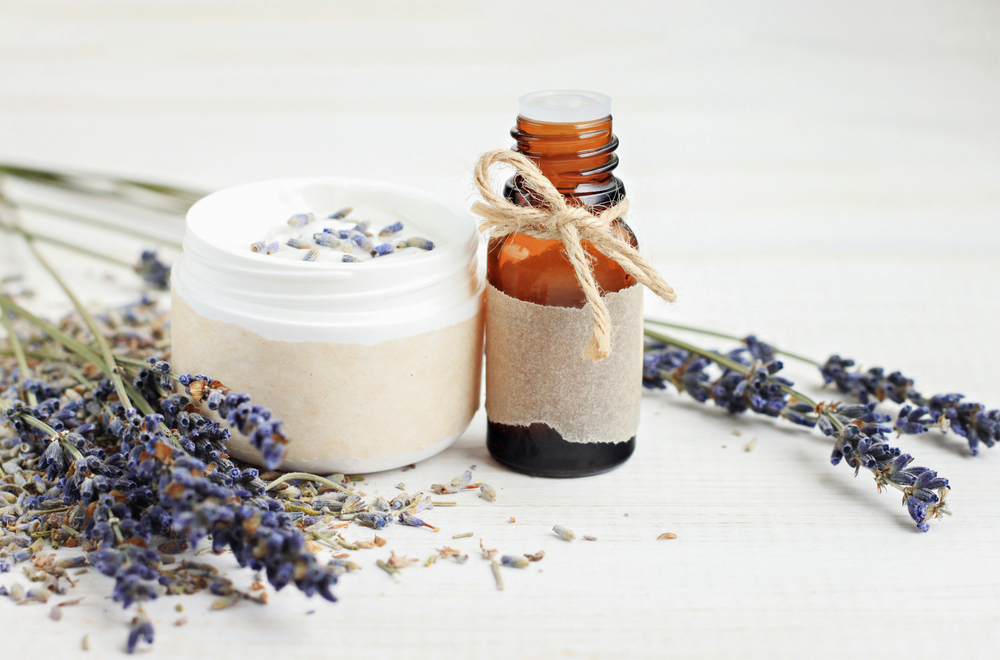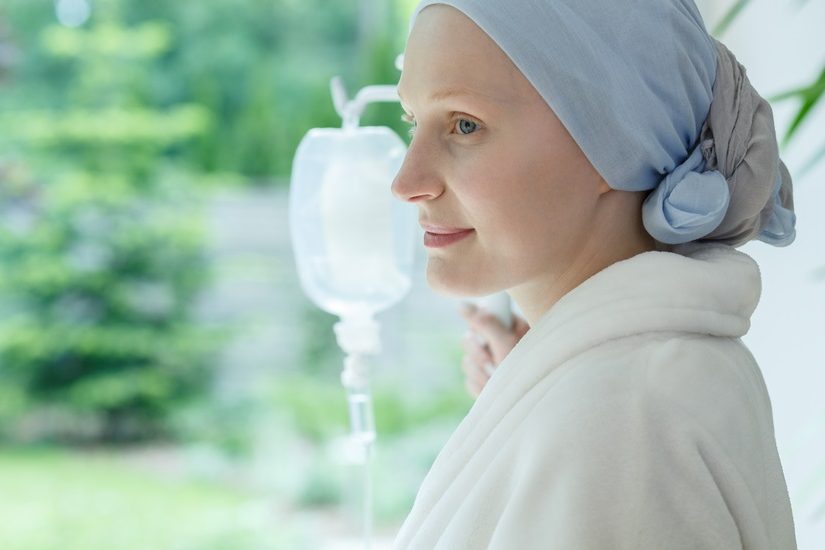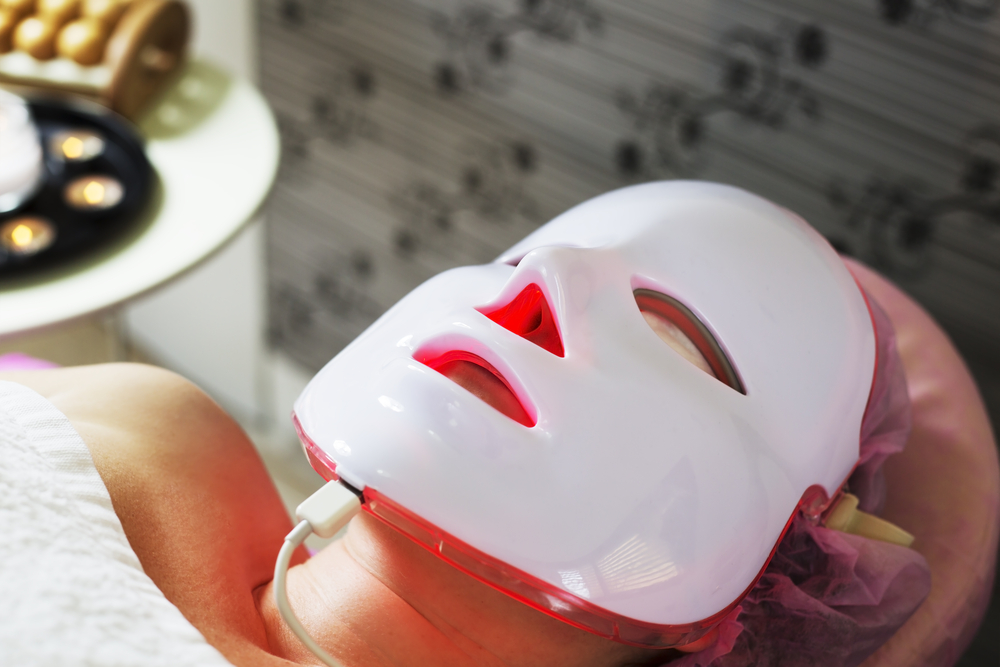- Swollen lips are a common complaint and sometimes require treatment.
- Aside from trauma, swelling can be caused by sun exposure, allergies, infection or disease.
- The best remedy is prevention—dermatologists share ways to protect and care for your lips.
While certain products may play a part in triggering allergic reactions, there are other causes of swelling to be aware of and ways you can minimize that risk.
What causes lip swelling?
The lips, as board-certified Chicago dermatologist Dr. Lauren Fine explains, are a vulnerable part of the body:
“It is a heavily vascular area, meaning that it is densely packed with blood vessels which give the lips their red color. The lip area also contains lots of nerve endings which means that lips are especially sensitive to touch, pain, itch, etc.”
Lips are prone to dehydration, which can lead to irritation and swelling. Winter and wind play their part, but dry, swollen lips also result from unconscious behavior.
Chronic lip licking, for example, can lead to something called “lip licker’s dermatitis,” which “causes the lip area to become extremely irritated and cracked, often with some degree of swelling,” reveals Dr. Fine.
Dr. Norma Kassardjian, a dermatologist practicing in San Juan Capistrano, CA, adds lip biting to the list of bad habits.
Perhaps the most harmful habit when it comes to lip care, however, is daily and direct sun exposure without taking adequate precautions.
Sunburned lips
Like every other part of the body, lips need protection from harmful UV radiation.
Prolonged exposure to the sun can cause chapping and irritation, leading to tenderness and swelling. Long-term sun damage can develop into a serious condition known as actinic cheilitis.
“Actinic cheilitis is scaling and cracking of the lips from chronic sun exposure. It can progress to skin cancer in some cases,” warns board-certified dermatologist Dr. Russell Peckham, currently treating patients in Cedar Park and Austin, Texas.
Sometimes referred to as “sailor’s lip”, actinic cheilitis is also characterized by a thickening of the lower lip or a lack of normal lip definition. According to DermNet NZ, it is three times more common in men than women.
“Actinic cheilitis is relatively common in older individuals who have spent a great deal of time outdoors,” explains Dr. Caroline A. Chang, Clinical Assistant Professor of Dermatology at Alpert Medical School of Brown University. “It should be treated by your local board certified dermatologist.”
For proper lip protection, Dr. Gabriele Weichert of Synergy Medical Aesthetics in Nanaimo, BC, recommends a hat in direct sunlight and, for hours spent outdoors, a lip-specific sunscreen of at least SPF 30, “ideally with minerals like zinc and titanium since they stick better and last longer.”
Dr. Kassardjian concurs that mineral content is key: “Use a lip balm with a mineral block like Hutton/Klein Dermatologists SPF 45 Mineral Lip Sunscreen. Reapply every one to two hours.”
» Learn more about the symptoms of sunburned lips, along with recommended treatment and prevention tips
Allergic reactions
When lips become dry or irritated, most people tend to overcompensate with balms and moisturizers, not realizing that these products may exacerbate the condition. The best approach is “less is more.”
“People with lip problems end up with a bag full of various lip balms out of sheer frustration that nothing works,” notes Dr. Weichert. In fact, some of the ingredients in these products may be causing an allergic reaction.
“There are many potential allergens in common lip balms: fragrance, preservatives, propolis (bee glue), colophony (a type of resin). Other ingredients like menthol and camphor (in mint-scented balms) can act as significant irritants.” These ingredients can also bother the lips when present in dental floss, toothpaste, mints or gum, she adds.
Dr. Peckham notes that systemic reactions in the lips can also result from medications, food and insect bites. “Medications called ACE inhibitors and NSAIDS are common triggers for severe lip reactions,” he explains.
Swollen lips from infection
Swollen lips may also indicate a bacterial or viral infection – examples include Staphylococcus, Streptococcus and herpes simplex infections. Poor lip care increases the possibility of contracting these pathogens.
“Dry chapped lips can crack and become infected with staph or other bacteria,” warns Dr. Chang. “Avoid this by always keeping lips well moisturized, especially in the winter months when the air is dry.”
Herpes simplex virus type 1 is a widespread infection that can cause lip swelling in addition to cold sores. According to John Hopkins Medicine, it is estimated that 50-80% of American adults have oral herpes.
In addition to swelling, Dr. Kassardjian explains, herpes simplex normally manifests as “a grouping of tiny blisters on a reddish base which is preceded by a tingling sensation and possible pain.”
Even if you have not had a cold sore for many years, they can reappear unexpectedly. “Once contracted, (herpes) can recur on the lip in times of stress, sun exposure or fatigue,” Dr. Weichert adds.
While there is no cure for herpes simplex, outbreaks will often clear without treatment. Prescription antiviral medicines can help relieve symptoms and shorten their duration.
What is Angioedema?
Rapid and severe swelling of one or both lips, usually in response to an allergen, is known as angioedema. The swelling can affect other parts of the mouth area in full or in part, including the tongue and throat.
Unlike the gradual swelling associated with common irritants, angioedema is sudden and dramatic. The swelling occurs from a build-up of fluid in the lower layers of the skin. The reaction may also occur elsewhere on the body, such as the eyes, genitals, hands or feet.
Aside from food or medication, triggers for angioedema may include stress, infection and in rare cases, one’s genes (hereditary angioedema). Sometimes angioedema is idiopathic, meaning there is no known cause.
If swelling extends beyond the lips, affecting the tongue or throat, suffocation is a real danger, though immediate administration of an antihistamine will usually calm the reaction. “Many people go the emergency room since the reaction is so scary,” says Dr. Weichert. “There, oral steroids are often administered in addition to antihistamines.”
With any sudden swelling possibly due to angioedema, Dr. Peckham recommends calling 911 for emergency evaluation. Specialized treatments are available for people with hereditary angioedema, he adds.
When to see a doctor
While it can be tempting to self-diagnose and self-treat in the internet age, the only person truly qualified to evaluate persistent swollen lips is a medical professional.
Having symptoms properly evaluated can rule out a rare or more serious underlying condition: Crohn’s disease, sarcoidosis, an autoimmune disease such as Lupus, granulomatous cheilitis or even mouth cancer.
“In general, anyone with swollen lips should be evaluated by a physician,” advises Dr. Peckham. Once a cause is identified, it can be removed or treated. “In some cases steroid creams or pills are administered; antibiotics or antiviral medications if infection is a concern.”
Other than removing potential allergens and using a cold compress to reduce swelling, not much can be done at home to alleviate swollen lips.
Dr. Weichert recommends stopping use of all lip cosmetics for several weeks to see if allergies are a factor, while continuing to moisturize with Vaseline to encourage healing.
“Often, minty things like dental floss, mouthwash, gums and mints must be avoided too,” she says. “Once improved, a previous lip balm or lip cosmetic could be re-introduced, one product per week. Check for any reaction. In complicated cases, patients are sent for allergy testing called ‘patch testing’ to identify potential allergens.”
In the meantime, Dr. Weichert adds, patients may need a short course of topical steroids.
General tips for healthy lips
The path to perfect lips is littered with ChapSticks, Q-tips and fragrant balms. Your best course for a healthy, attractive smile is to keep it simple and practice proper care.
Dermatologists agree: avoid bad habits like lip-licking and lip-biting and cosmetics containing irritating ingredients; use a 30 SPF mineral sunscreen on your lips everyday.
If swelling develops, avoid contact with possible allergens and contact a dermatologist. In severe cases, seek emergency care.
Ditch your swelling lips, and the products suggested mean the process.
Are your lips feeling dry, swollen, and cracked? Use these products to heal, nourish and soften your lips, making them feel healthy.
This vegan and cruelty-free lip scrub polishes away dead skin cells while leaving your lips feeling soft, hydrated, and luscious. Made with all-natural ingredients, this lip polish is perfect for those with sensitive skin. With a delicious coconut flavor, this lip scrub is sure to leave you feeling cocolicious!
Burt’s Bees Lip Balm
Burt’s Bees Lip Balm is a convenient way to keep your lips healthy and moisturized. It is infused with powerful fruit extracts and Beeswax to richly moisturize and soften lips. This tint-free lip balm glides on smoothly with a matte finish and nourishing balm texture to nourish dry lips while keeping them refreshed and nourished.
RUGGED & DAPPER Organic Lip Balm Set for Men
This Organic Lip Balm Set for Men has been specifically designed to nourish and protect men’s lips. Infused with a refreshing Eucalyptus Mint flavor, our balms absorb and soothe quickly, leaving you with kissable lips all day long. They’re 100% natural and chemical-free, making them safe for you and your loved ones.
Image Skincare Ormedic Tinted Lip Enhancement Complex
Are you looking to enhance your lips without resorting to surgery? With Tinted Lip Enhancement Complex, you can achieve subtle, natural-looking results through the power of peptides and natural oils. This balm-like formula is enriched with key ingredients that help support the look of plumpness and volume while delivering long-lasting moisture. Use twice daily for the best results.













